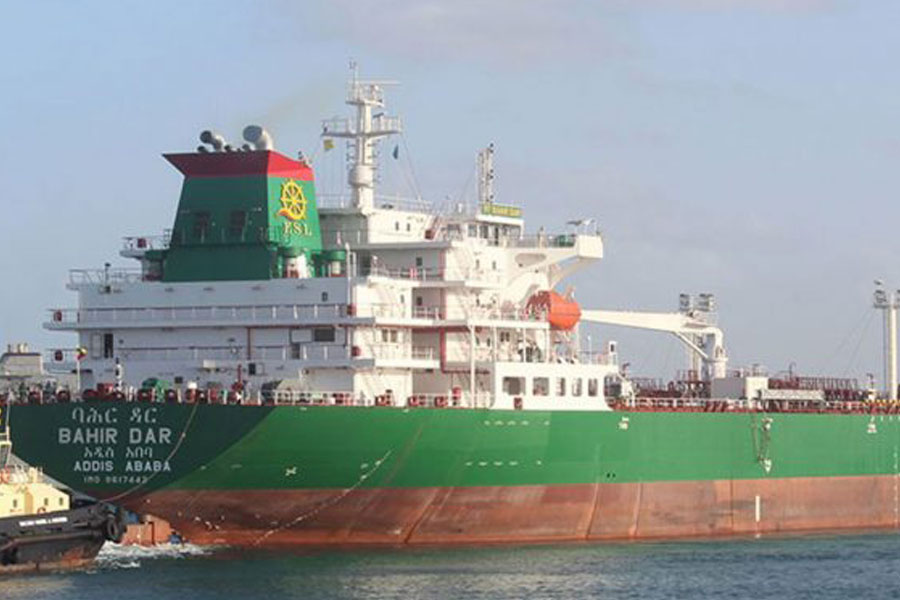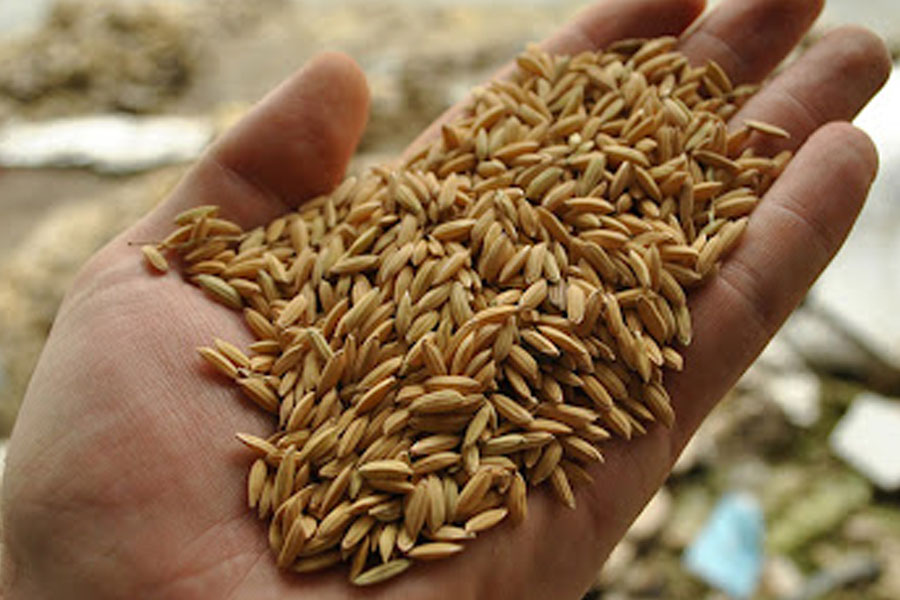
Radar | Sep 22,2024
A local trading company, G-Seven General Trading & Industry opened a new jute sack manufacturing factory in the Hadya Zone of the SNNPR for a cost of 60 million Br.
The factory, which lies on 3,600Sqm of land, will produce 8,000Kg of jute sacks a day, each with holding capacities ranging between 30Kg and 100Kg.
The company's product is targeted at producers of grain, coffee, pulses, oilseeds and flour, as well as customers in the textile and leather industries.
Machinery imported from India has been installed inside the new building constructed by Jenberu Fantahun Construction.
“We are waiting for the electric power supply to be installed before we start operation,” Mizan Demsash, project manager of G-Seven Trading and Industry PLC, told Fortune.
The factory will create 1,220 permanent and 500 temporary job opportunities and use jute, sisal and enset fibers as raw materials for the manufacturing of sacks and twine. Some of the raw material will be sourced locally, but most of it will be imported from Bangladesh.
“Sourcing of materials is a major problem for us,” Nuredin Awol, managing director of G-Seven, told Fortune. "We are not getting the necessary support from the government in terms of tax incentives."
The 13-year-old company also owns Meher Fiber and Ethiopian Fiber factories, located in Addis Abeba, which produce fiber products for packaging for both the domestic and export markets. The company is also currently establishing another factory in Benshangul-Gumuz Region's Metekel Zone, for which 50pc of the construction is finalised.
For Tekalingh Mamo, general manager of Yirga Cheffe Coffee Farmers Cooperative Union, the establishment of such a local packaging factory is commendable.
"Since an adequate quantity cannot be sourced locally, we have to waste money and time to import it,” he says.
There are 251 companies with a total investment capital of 1.4 billion Br that have received licenses from the Hadiya Zone Investment Bureau, out of which 84 are engaged in agriculture and 39 in industry. From those, 72 projects are in the pre-implementation stage, while 86 projects have become operational.
These projects have 4,148 and 10,463 permanent and temporary employees, respectively.
“We are engaging in promotional activity,” says Mitiku Zeleke, acting head of the Bureau. “We are organising annual investment forums and events.”
Tadelle Ferde (PhD), an economics lecturer at Addis Abeba University for more than 25 years, believes the project will benefit the local economy.
"Locally-produced packaging will minimise import costs," he says. "If this is met with a better quality of exportable products, the economy of the country will benefit."
PUBLISHED ON
Dec 05,2018 [ VOL
19 , NO
971]

Radar | Sep 22,2024

Fortune News | Oct 09,2021

Editorial | Aug 16,2025

Commentaries | Aug 03,2024

Radar | Dec 08,2024

Fortune News | Dec 14,2019

Viewpoints | May 29,2021

Radar | May 06,2023

Life Matters | Apr 24,2021

Fortune News | Dec 25,2021

Dec 22 , 2024 . By TIZITA SHEWAFERAW
Charged with transforming colossal state-owned enterprises into modern and competitiv...

Aug 18 , 2024 . By AKSAH ITALO
Although predictable Yonas Zerihun's job in the ride-hailing service is not immune to...

Jul 28 , 2024 . By TIZITA SHEWAFERAW
Unhabitual, perhaps too many, Samuel Gebreyohannes, 38, used to occasionally enjoy a couple of beers at breakfast. However, he recently swit...

Jul 13 , 2024 . By AKSAH ITALO
Investors who rely on tractors, trucks, and field vehicles for commuting, transporting commodities, and f...

Oct 18 , 2025
The political establishment, notably the ruling party and its top brass, has become p...

Oct 11 , 2025
Ladislas Farago, a roving Associated Press (AP) correspondent, arrived in Ethiopia in...

Oct 4 , 2025
Eyob Tekalegn (PhD) had been in the Governor's chair for only weeks when, on Septembe...

Sep 27 , 2025
Four years into an experiment with “shock therapy” in education, the national moo...